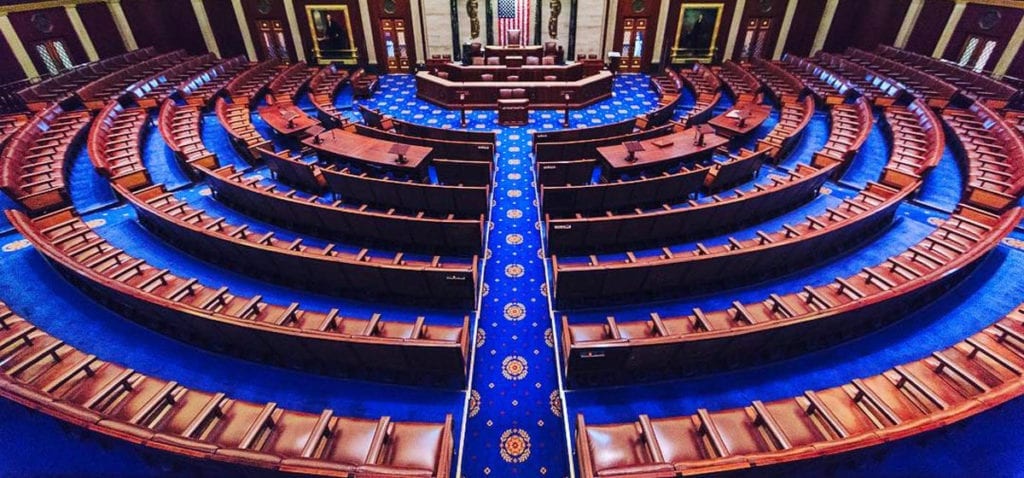The unified 2018 Farm Bill was passed by the U.S. Senate and then soared through the House of Representatives this week, paving the road for American farmers to cultivate industrial hemp.
The $867 billion bill struggled to pass a strongly divided Congress due in part to Republican efforts to change the federal food stamp program. However, the final bill — unified by the Senate Agriculture Committee — left out many of the proposed changes.
It does, however, contain language that federally legalizes the cultivation and sale of industrial hemp and its derivatives, including the increasingly lucrative marketplace for cannabidiol (CBD) products.
Hemp has been shown to be useful for textiles, construction materials, food, wellness products including skin cream and daily supplements, bio fuel, and more.
Bethany Gomez, the research director for Brightfield Group — a CBD and cannabis market research firm — called it a “watershed moment” for the CBD industry.
“With hemp and all of its derivatives officially removed from the controlled substances act, CBD moves from a legal gray area into the light. … [Even with] minimal marketing budgets, limited distribution channels, and only small brands, CBD has catapulted to the national stage this year, growing by more than 80% to reach $590 million. Now that the Farm Bill has gone through, we expect the US market for CBD to hit $22 billion by 2022.” — Bethany Gomez, Brightfield Group’s Director of Research, in a statement
The hemp provisions contain a clause blocking individuals with felony convictions related to a controlled substance from the industrial hemp market for ten years following their conviction. Some Republicans had sought tighter restrictions but contention brought the matter to a compromising middle ground.
Senate Majority Leader Mitch McConnell (R-Kentucky) signed the finalized version of the bill using a hemp pen. Industrial hemp legalization has been a personal crusade for Sen. McConnell, who guaranteed earlier this year that his hemp legalization language would survive the reconciliation of the House and Senate versions of the bill.
The bill now heads to President Trump’s desk. While Trump’s political positions tend to swing wildly, he is expected to sign the bill into law, as many farmers and ranchers have pressured Republican lawmakers to see the bill passed and further delay would undoubtedly upset his base, not to mention agricultural business interests.
Get daily cannabis business news updates. Subscribe
End
